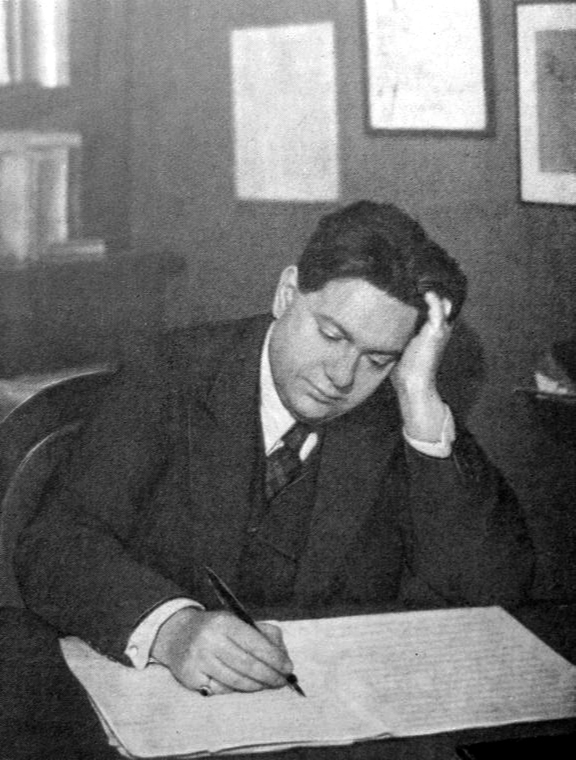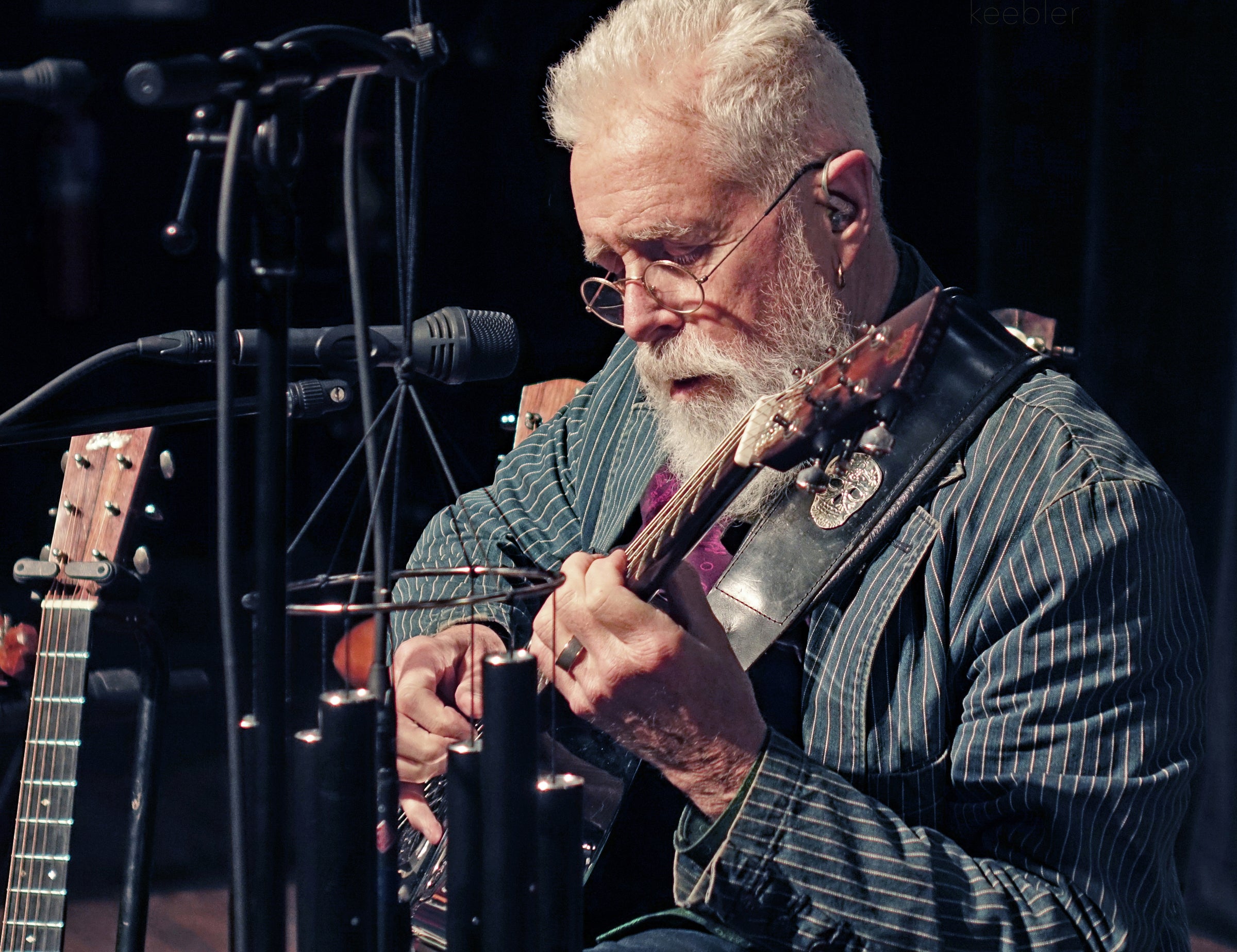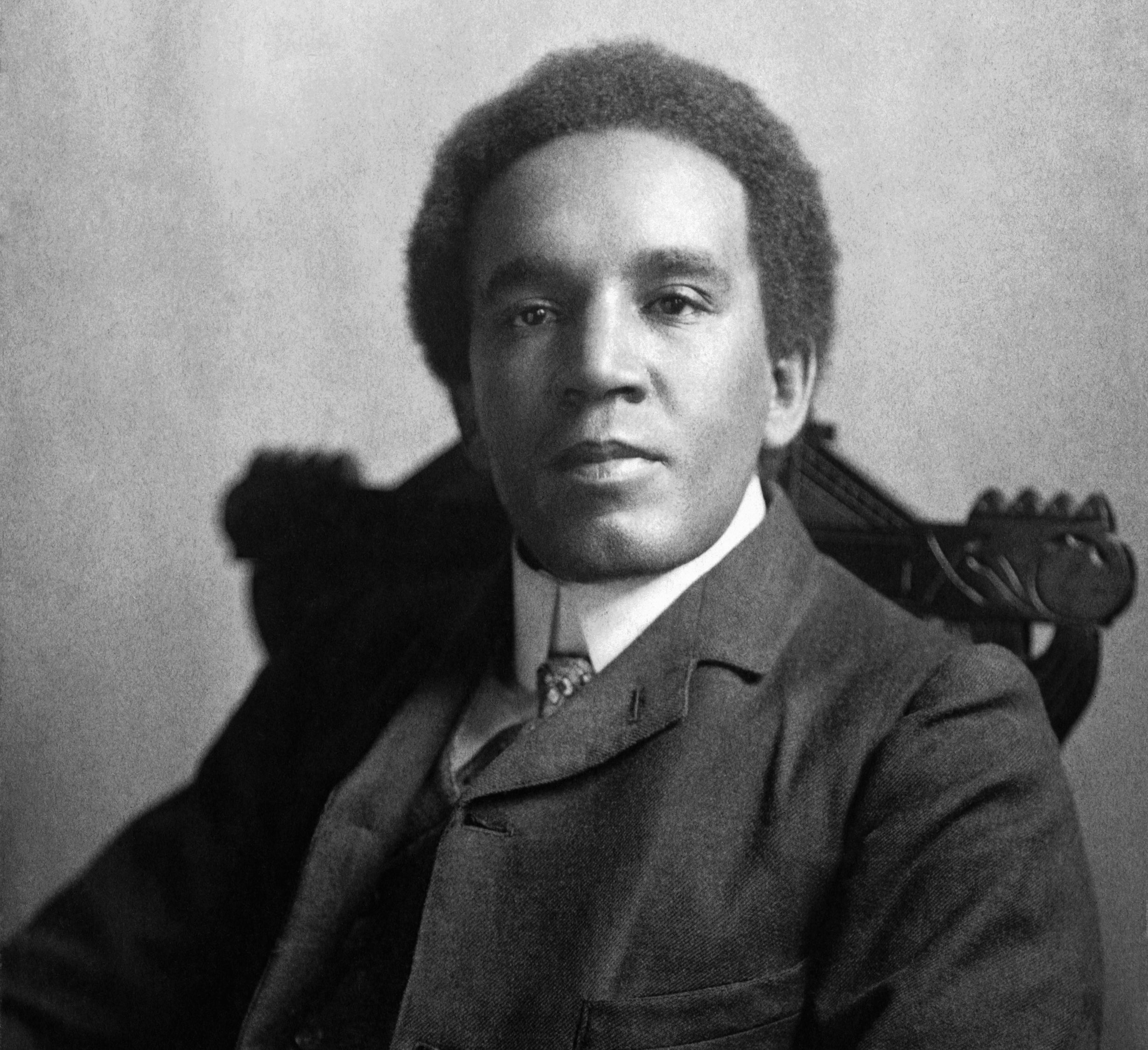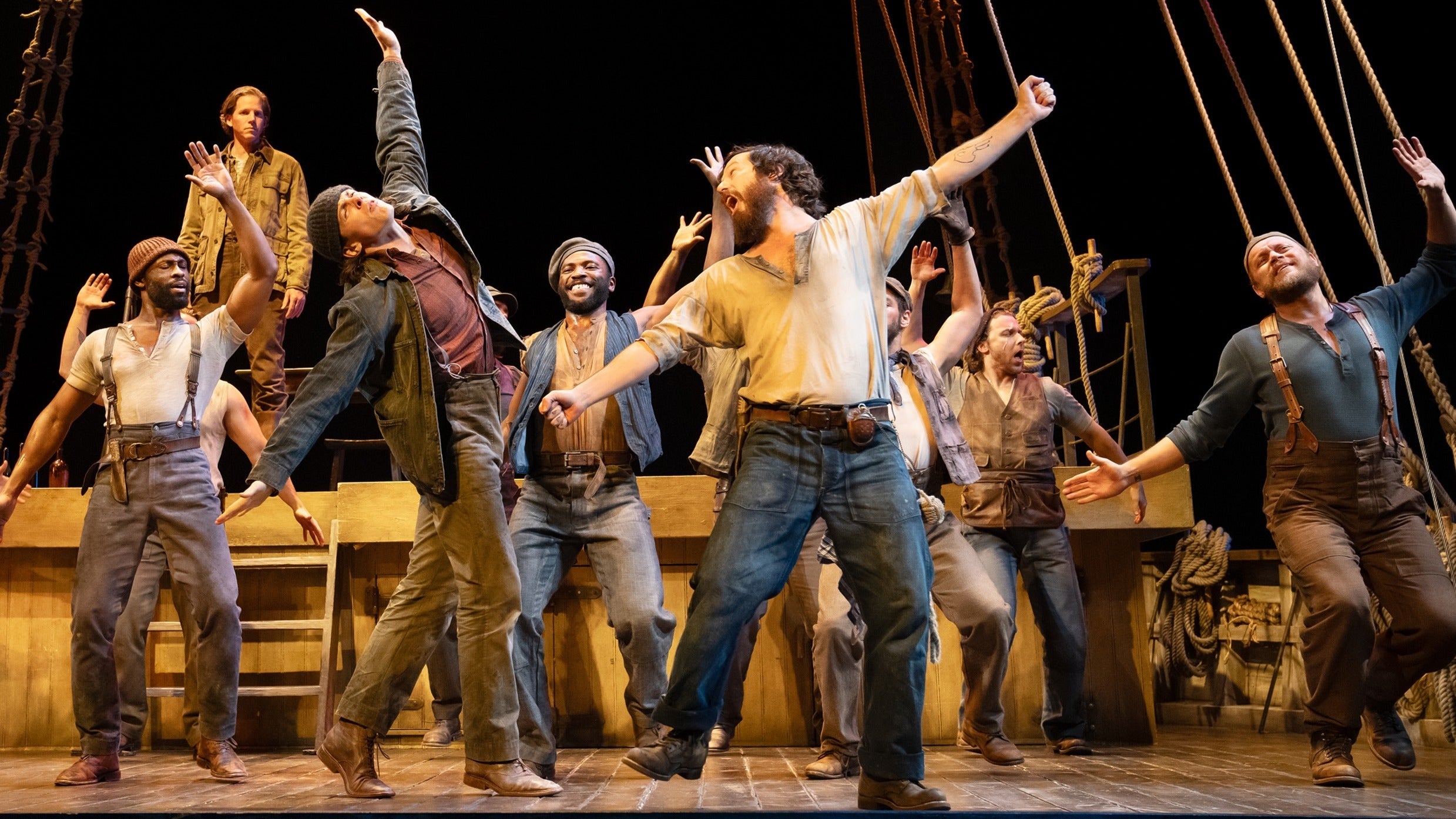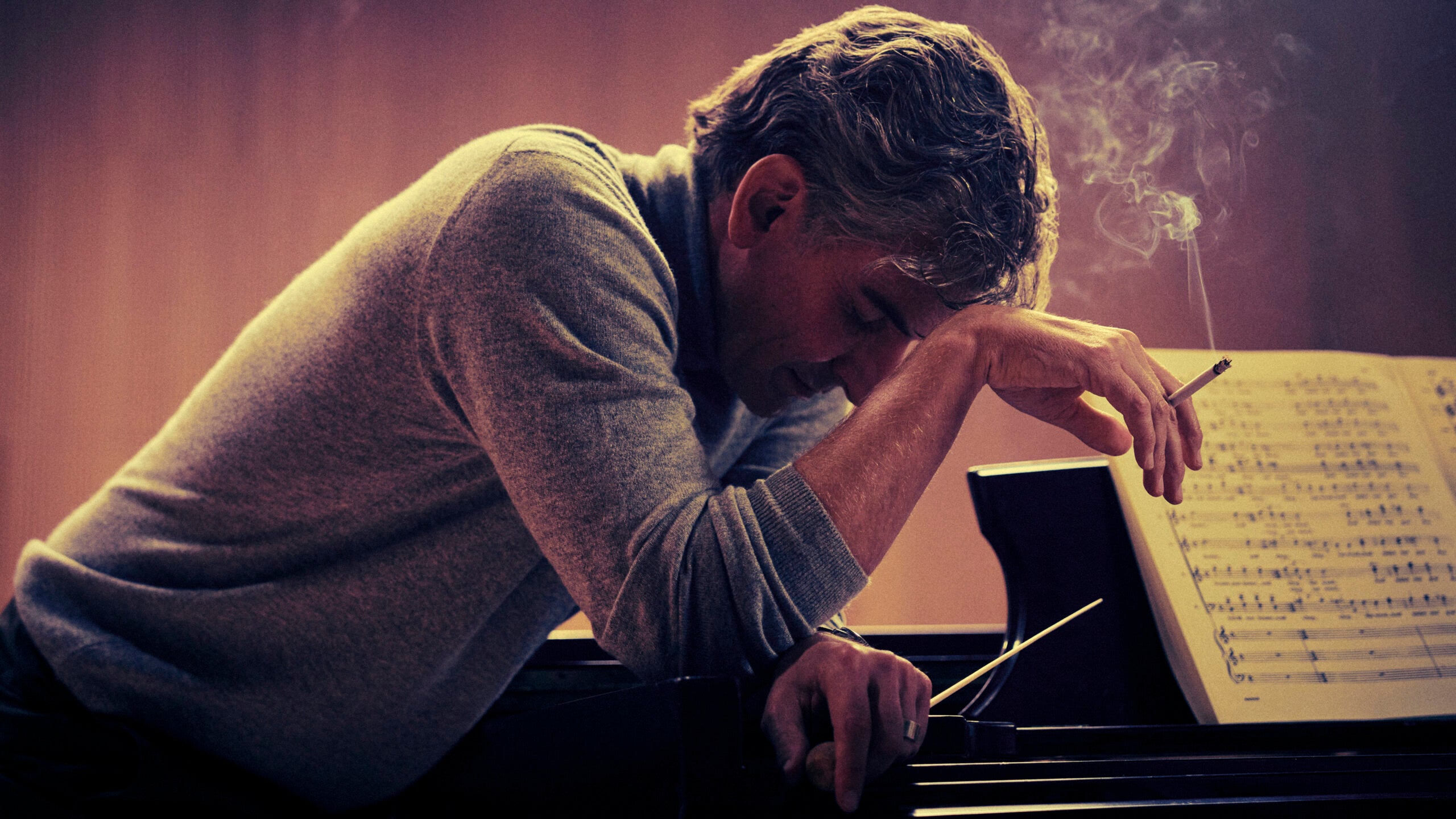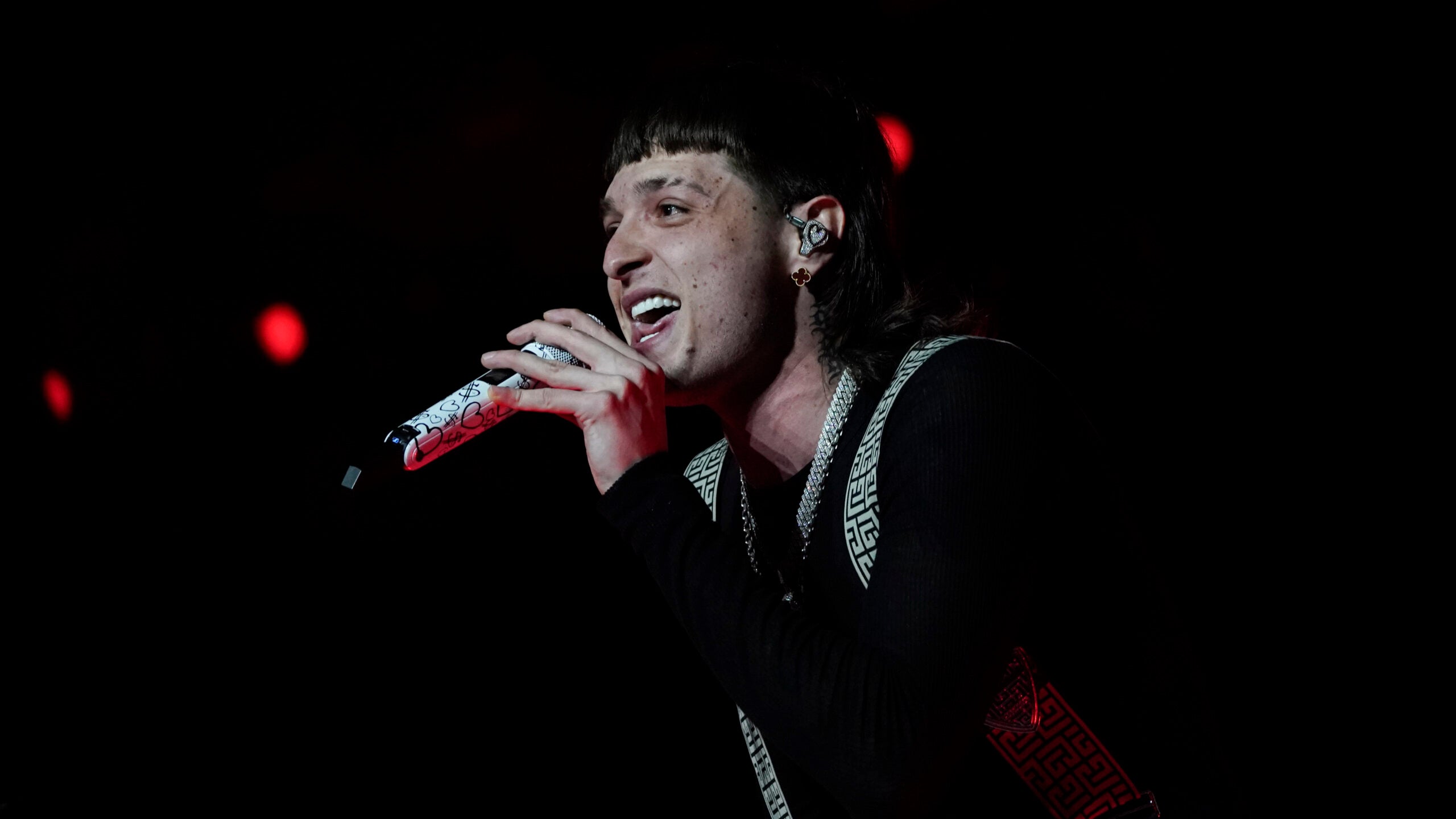In the fall of 1920 Darius Milhaud had reason to be proud. His symphonic suite Protee was to be performed at an important concert. It had been chosen by the conductor, Gabriel Pierne, to share the program with a new work by Arthur Honegger.
The twenty-eight year-old Milhaud had his misgivings though. The two compositions were lumped together under the heading of “Polytonality,” which Milhaud thought was an arbitrary label that might put the audience on edge. His fears were well founded.
Pierne devoted more than the usual amount of rehearsal time to Milhaud’s and Honegger’s pieces. Milhaud invited his parents to Paris for the big event, little expecting just what was in store for them. Even before the overture of his suite was finished, some in the audience were shouting, “Take it away!” Other made animal sounds.
Stay informed on the latest news
Sign up for WPR’s email newsletter.
A backlash arose, with bravos and clapping — a show of support that just did more to drown out the music. When the orchestra got to a particularly innovative fugue in the suite, a battle erupted during which one audience member — a composer — slapped another — an organist — in the face. The police arrived and started clearing out troublemakers. With some satisfaction, Milhaud saw two policemen eject a prominent music critic
Pierne made a speech defending his choice of music for the concert and the crowd settled down — briefly. But before long they were at it again and drowned out the entire third part of Milhaud’s suite. Sitting with him in a corner box, Milhaud’s parents were horrified, not because they doubted the value of his music, but because they feared for his career.
The uproar had a surprising effect on Milhaud. In his autobiography, My Happy Life, he recalled that he was extremely proud, adding that “the sincere, spontaneous, violent response gave me limitless confidence.” The way he saw it, both noisy enthusiasm and vociferous protests are a proof that a composer’s work is alive.
Wisconsin Public Radio, © Copyright 2024, Board of Regents of the University of Wisconsin System and Wisconsin Educational Communications Board.

